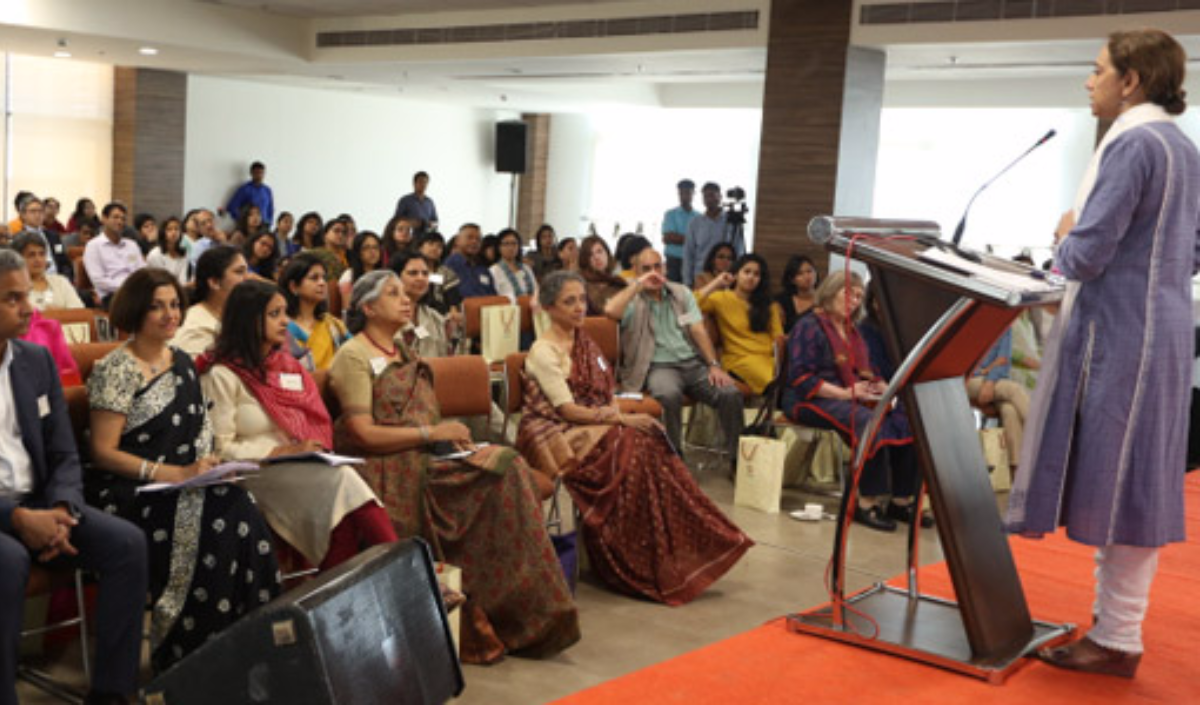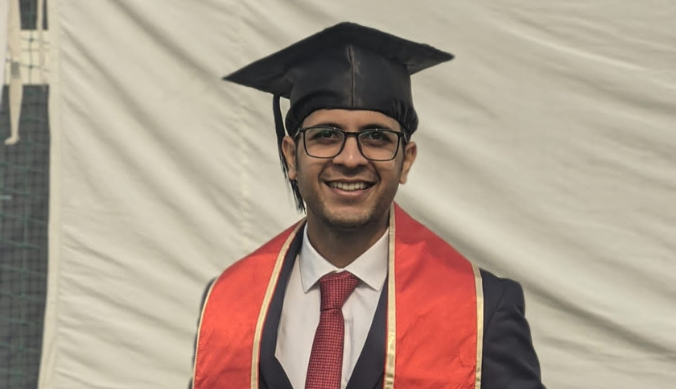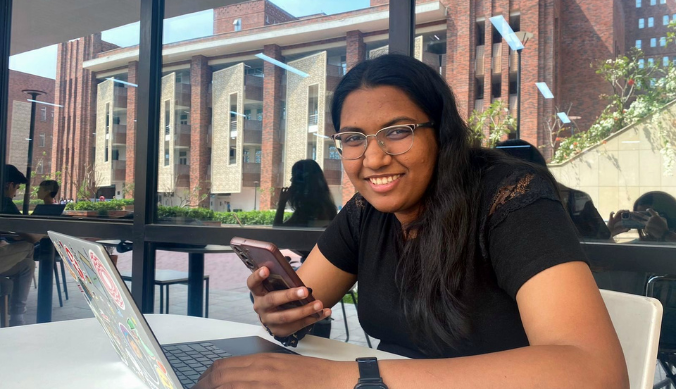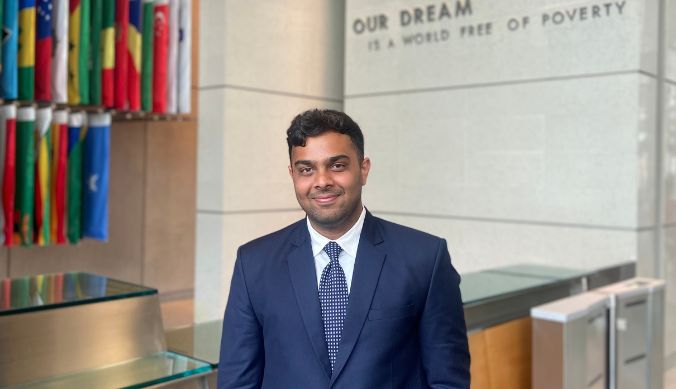Kavita N. Ramdas on Women Empowerment and redefining Leadership in the 21st Century
Highlights of the talk by Kavita N. Ramdas on the launch of Genpact Centre for Women’s Leadership.

Office of PR & Communications
24 March, 2015 | 5 Mins readWomen Leadership has different connotations for different people. On the historic launch of Genpact Centre for Women’s Leadership (GCWL) on March 23rd, the audience at Ashoka University had the privilege to listen to an inspiring talk by Kavita N. Ramdas, Representative (India, Nepal and Srilanka), Ford Foundation and her definition of women leadership was indeed a unique one.
Our definitions of leadership have been mostly male dominated which Kavita remarks is not right. The entire leadership model we have adhered to in the past is nothing but a power play between men and women which has arisen due to patriarchy and gender stereotypes. They are embedded in men as well as women’s minds. Kavita says, “Gender is not between your legs but between your ears”, suggesting that an ideological shift is required to overcome the conventional stereotypes.
“Power is not something that is given. Power is demanded, it is taken!” this was her reply to a question on women empowerment a long time back, and this reflected her opinion about empowerment which has to come from within and cannot be offered on a platter.
Why Women’s Leadership
Since Ashoka University is all about ‘questioning’ as it follows a multi-disciplinary approach, she told the audience, “Let’s start with a question. What does it mean to create a leadership centre in 2015?” Explaining the significance and need of a centre like GCWL, she brought vital facts into the picture mentioning the increasing violence against women in the world.
She expressed her worry about the underrepresentation of women in the parliaments and how this affects the decision making for 50 percent of the world’s population. In this day and age, with democracy in practice, she said that women have waited patiently for decades and equality better not take a long time. The reason that a woman should be considered for leadership roles is not because she fought for it, not because she has the talent but because she has the right as human being to deserve a chance. She urged the audience, “If we wait, then we are too late. We don’t have the luxury of waiting. We need to invest in women for a very simple reason-they are human beings.”
Finally, we have reached a time where institutions such as the World Bank as well as companies around the globe have acknowledged how important women’s empowerment is for development and the criticality of addressing issues concerning women.
Redefining Leadership: need of the hour
She further challenges, “Maybe we can change leadership when we start talking about it as a collective thing.” Kavita remarked that Ashoka and Genpact have seen that men need to walk alongside women. The two organisations have realised that men need to bear the responsibility for their actions while women need to be given the freedom to embrace themselves – this will reduce crime against women and increase women’s freedom and security to move forward fearlessly, she stressed.
She concluded her speech by quoting Eleanor Roosevelt: “Where, after all, where do universal human rights begin? In small places, close to home – so close and so small that they cannot be seen on any maps of the world. Yet they are the world of the individual person; the neighbourhood he lives in; the school or college he attends; the factory, farm, or office where he works. Such are the places where every man, woman and child seeks equal justice, equal opportunity, equal dignity without discrimination. Unless these rights have meaning there, they have little meaning anywhere. Without concerted citizen action to uphold them close to home, we shall look in vain for progress in the larger world.”
She left the audience with the provoking thought that change in leadership will be visible when we have women across all sections of society experience equal progress and freedom, not limited to educated, upper class and upper caste women. Kavita’s speech was an affirmation to the kind of centre Ashoka University and Genpact are determined to create for women in India in the years to come.
(The writer is a Fellow at Young India Fellowship, Class of 2015)












